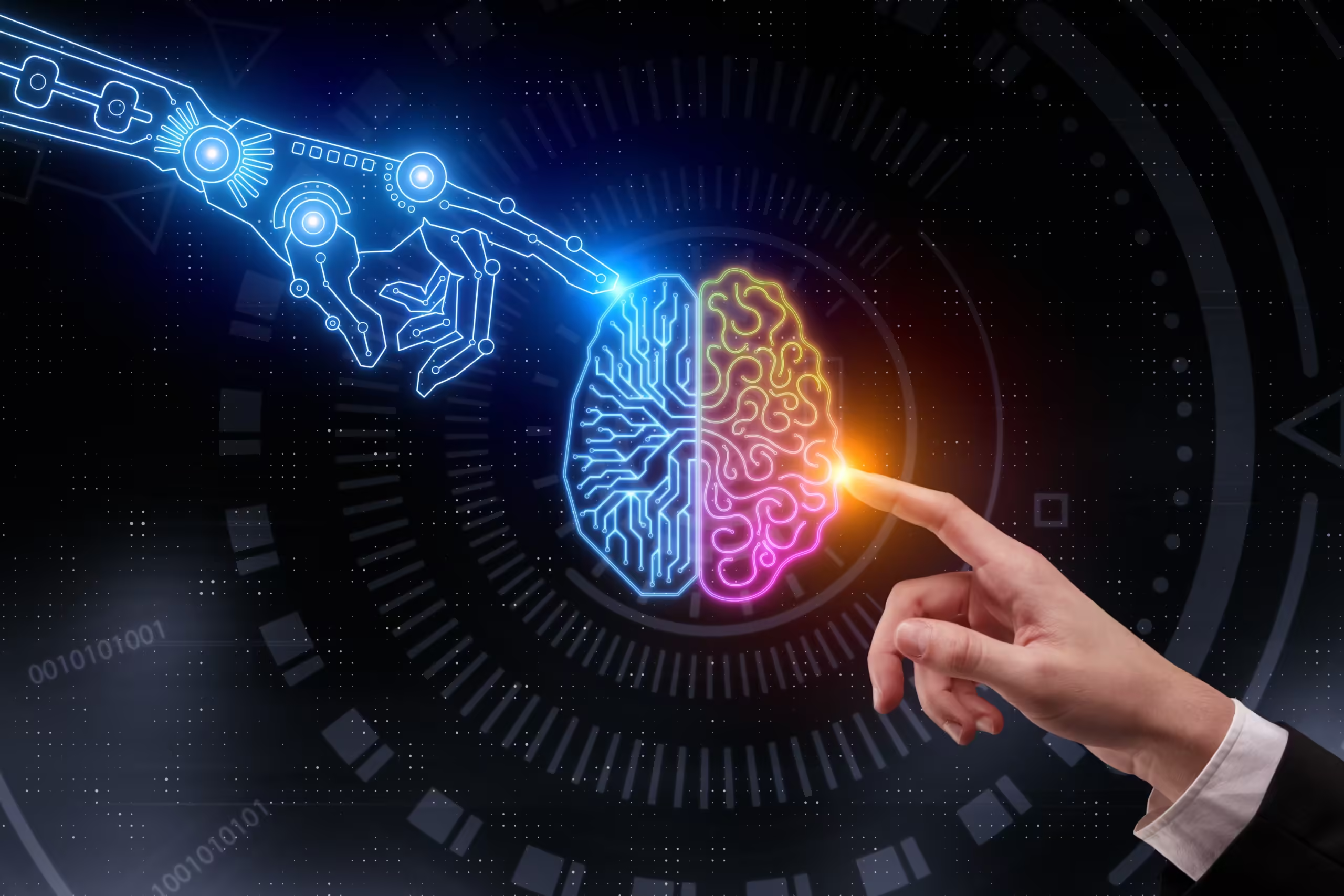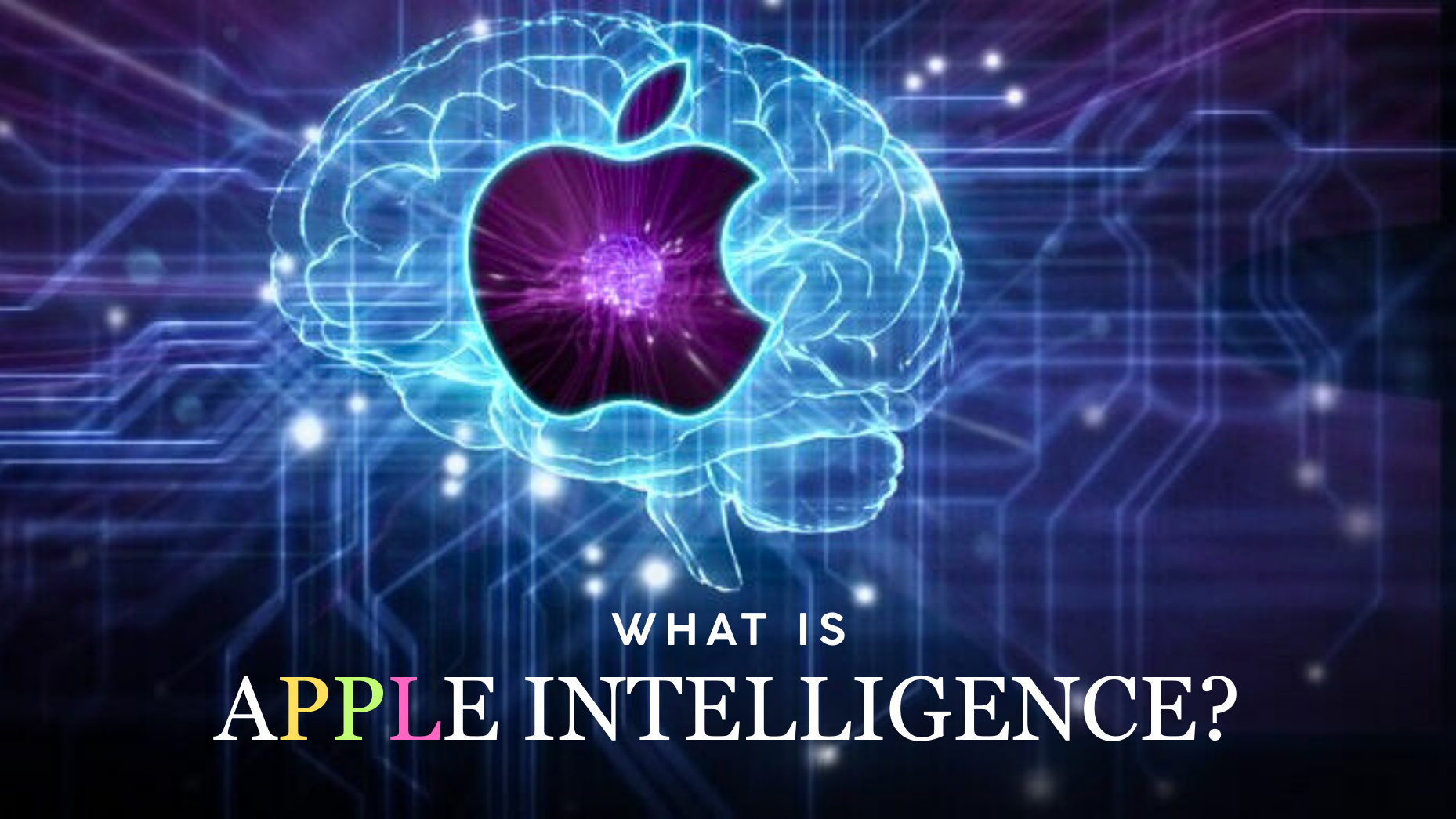In their quest for efficiency and better customer service experiences, businesses have turned to artificial intelligence (AI) as one of the tools in a customer service context. The deployment of AI in customer service is altering the approaches that organizations utilize when managing clients by increasing the speed and personalization of client help while minimizing the size of customer service departments. We’ll look at AI customer service definition, use cases, benefits and challenges as well as the tool for beat implementation.
What is AI Customer Service?
AI in customer service can be defined as the targeted use of AI technologies to provide assistance, automate, or enhance customer interactions. AI in customer service systems powered by ML, NLP, and automation are capable of speech recognition and natural language understanding and can therefore answer customer inquiries in real-time. AI in customer service encompasses a wide range of automated systems, from self-service chatbots to AI-driven voice recognition systems, which enable customers to get fast replies to frequently asked questions, address problems, and even get tailored suggestions.
Artificial Intelligence has made its mark in the business industry and undoubtedly there are many ways in which it can be implemented to make the overall experience better, boost efficiency and minimize response times. For example, a plethora of customers can chat with a business in real time using AI technology, if they don’t have the time to wait or a single chat option isn’t sufficient for them to inquire about their issue. If customers engage in a more complicated conversation, chatbots shifting towards advanced AI and sentiment analysis from simpler questions will help address the customer’s sentiment and track engagement patterns.
Learn More: What is Apple Intelligence? Exploring Best Apple’s AI in 2024 – Tehzop

AI in Customer Service Use Cases
AI, otherwise known as Artificial Intelligence is great in many ways, especially when one is being occupied by multiple dynamics at once and doesn’t have the time to facilitate every single one of them. In other words, businesses can operate efficiently and effectively while keeping the customer satisfied all at the same time. Here are some examples of where AI customer service solutions are already becoming more established:
-
24/7 Customer Support
As mentioned previously, intelligent AI chatbots take center stage as they’re powered by AI which is available 24/7. Therefore, the customer always has access to assistance. This reduces the need for a presenting and presenting customer operator, mitigating material resources for the most frequent questions, order clarification, or simple troubleshooting.
-
Personalized Recommendations
Even though some e-commerce businesses have a large range of all their products, AI makes order and product recommendations a lot easier to predict. AI can scan the whole database of previous sales in the last few months to highlight the most popular items that investors are likely to be interested in.
-
Sentiment Analysis
Thanks to natural language processing and automation, AI can conduct sentiment analysis and help organizations comprehend whether their clients are satisfied or dissatisfied with the product or service. With this analysis, the businesses are able to pinpoint frustrated customers, offer a solution ahead of time, and enhance the quality of their service in its entirety.
-
Voice recognition and Assistance
Voice recognition AIs are also popular in customer relations as more businesses are now incorporating virtual voice assistants in their customer support functions. These voice assistants are able to respond to frequently asked questions, help customers manage their accounts and place orders, allowing customers to resolve matters without using their hands.
-
Ticket Routing and Prioritization
Automated Artificial Intelligence Ai infused Customer service systems can also segregate the support tickets and route the tickets to the respective departments automatically based on the orders received. They can also rank tickets based on importance or when there is a particular sentiment, which helps to ensure that hot issues are dealt with first.
Benefits of AI Customer Service
The introduction of AI in Customer Service has a number of advantages that help in both efficiency and customer satisfaction. Some of the most exciting benefits include:
Shortened Response Time
One of the biggest advantages of AI in customer service is its ability, stand-alone. Thanks to AI chatbots and virtual assistants, customers are not forced to stay on hold to receive answers, leading to increased satisfaction as issues are resolved faster.
Reduced Cost
If businesses do have the capability to provide support over the phone, AI in customer service is often able to fulfill everyday queries and chores that will only require a smaller range of staff to conduct customer service operations. It’s both effective and cost efficient, which is really beneficial for businesses that receive a lot of inquiries and need to provide wide-ranging solutions.
Better Customer Experience
AI provides consistent and personalized interactions with customers by using data and adjusting the response. For example, AI-driven chatbots use customer visit and purchase history to make them feel appreciated.
Efficiency
AI in customer service solutions guarantee efficiency in all user requests as they are highly automated and portable. During busiest times, up-surge quantities of queries can be met by AI without compromising on customer service or requiring more staff.
Data-Driven Insights
AI-powered customer service systems are capable of collating and augmenting data collected during customer interactions to give the business useful information about their customers’ behavior, needs, and pain points. Such information makes it possible for the businesses to anticipate customer needs, optimize their offerings, and enhance customer experience through informed decisions
Learn More: The Future of Artificial Intelligence in Everyday Life
Challenges of AI in Customer Service
Although AI in customer service offers a lot of advantages, there are certain difficulties that organizations experience when adopting it. These include some of the common challenges:
Use of AI Assistance for Sophisticated Interactions
After all the advances made in the field of NLP, AI systems can still be helpless when dealing with sophisticated or nonspecific requests. This may result in customers receiving incorrect or inappropriate answers, which may contribute to their annoyance instead of resolution.
Dependence on High Quality Data
High quality data is one of the pre-requisites for AI to be able to provide a customer service response. When the data provided is incorrect, out of date, or prejudiced, it will consequently impact the archival aspects of the AI in its interaction with customers negatively.
Data Privacy and Security Risks
Because of the nature of their work, AI customer service systems are known to house sensitive customer information which poses data privacy and security concerns. It is essential to observe the laws and practices aimed at protecting data privacy like GDPR compliance to safeguard customers’ information and prevent breaches.
Potential Job Displacement As A Future Consequence of AI Introduction
With the automation of customer service thanks to AI, the need for human support agents may drop, resulting in job cuts among employees in this line of work. It should be noted that while AI is good with automated responses for repetitive actions, when it comes to complex or sensitive issues, there are still human agents which can assist in providing a guarantee.
Possible Failure in Customer Engagement
A portion of the customers directly engage with human agents in person rather than the AI systems from the business therefore may be offended by interaction with AI clients. Responsible companies have to approach the process delicately in the best interests of all stakeholders and explain what AI changes in a workstyle and offer to contact a human if they run into problems.

Customer Service Made Easy with AI
There are many AI in Customer Service tools which businesses can adapt in the process of setting up and fine-tuning AI-Based support systems. Examples of some of them include:
-
Using a Chatbot Platform
There are comprehensive options for AI chatbots for businesses apps, websites and other platforms and this can be done through Chatbot platforms like Zendesk, Intercom, Avoma among others. The simple customer complaints can be resolved by these bots which can also recommend products and raise engagement levels.
-
Use Virtual Assistants
Business firms such as Amazon Alexa and Google Assistants provide opportunities to businesses whereby intercom allowing them to implement voice recognition into their customer services. Moreover, having virtual assistants, customers are able to have their voice commands executed, questions answered and even attain a hands-free type of assistance.
-
Customer Support Artificial Intelligence Analytics Tools
One of the examples is the AI analytics offered by tools like IBM Watson and Salesforce Einstein. They assist in understanding and predicting customer behavior, enhancing service performance, and improving AI models through real-time feedback.
-
Sentiment Facial Analysis Software
Another example is tool-type sentiment analysis, which includes MonkeyLearn and Lexalytics, using NLP for the recognition of customer sentiment. These technologies support companies by illuminating customers’ emotional states and recommending the best responses for improvement of the interaction.
-
Ticketing and Workflow Process Automation
Automated ticketing systems such as Freshdesk and ServiceNow, powered by AI, assist in the automation of ticket assignment and resolution. It is possible to ensure that queries are directed to the right department and attend to the most critical ones first so as to boost productivity.
Frequently Asked Questions
-
How can AI boost customer service?
AI in delivery of customer service provides fast, uniform, and exact communication that helps ease of access to consumers and support 24/7. Such AI tools as chatbots and virtual assistants handle simple and repetitive questions so that the more advanced inquiries get dealt with by human agents.
-
Is it true that AI customer service can be applied in any industry?
Indeed, AI customer service can be implemented in different industries such as e-commerce, finance, healthcare, and education. Though of course the implementation and particular tools might be adjusted to the specifics of the sector and customer needs.
-
Is it accurate to say that AI customer service will eventually eliminate the need for human agents?
No, AI customer service extends the capabilities of the human duly agents, allowing robotic customer service to handle low level or repetitive queries. AI makes human assistance redundant for elementary matters, still many complicated and delicate problems require human feelings and insight, therefore the hybrid model is more suitable for the websites of most companies.
Conclusion
Many businesses are willing to embrace AI customer service knowing that it has the potential to drastically alter interactions with clients in a recommended meeting style. Businesses can suffer in some situations by being managed through AI customer service but possess the resources to combat threats In a typical day, there are few interactions between companies and their customers. AI technologies serve this purpose, though there are a few weaknesses that the advantages exceed most businesses in the winning. In a world where customers are expecting a lot, AI is something all businesses need to invest in.










Leave a Reply